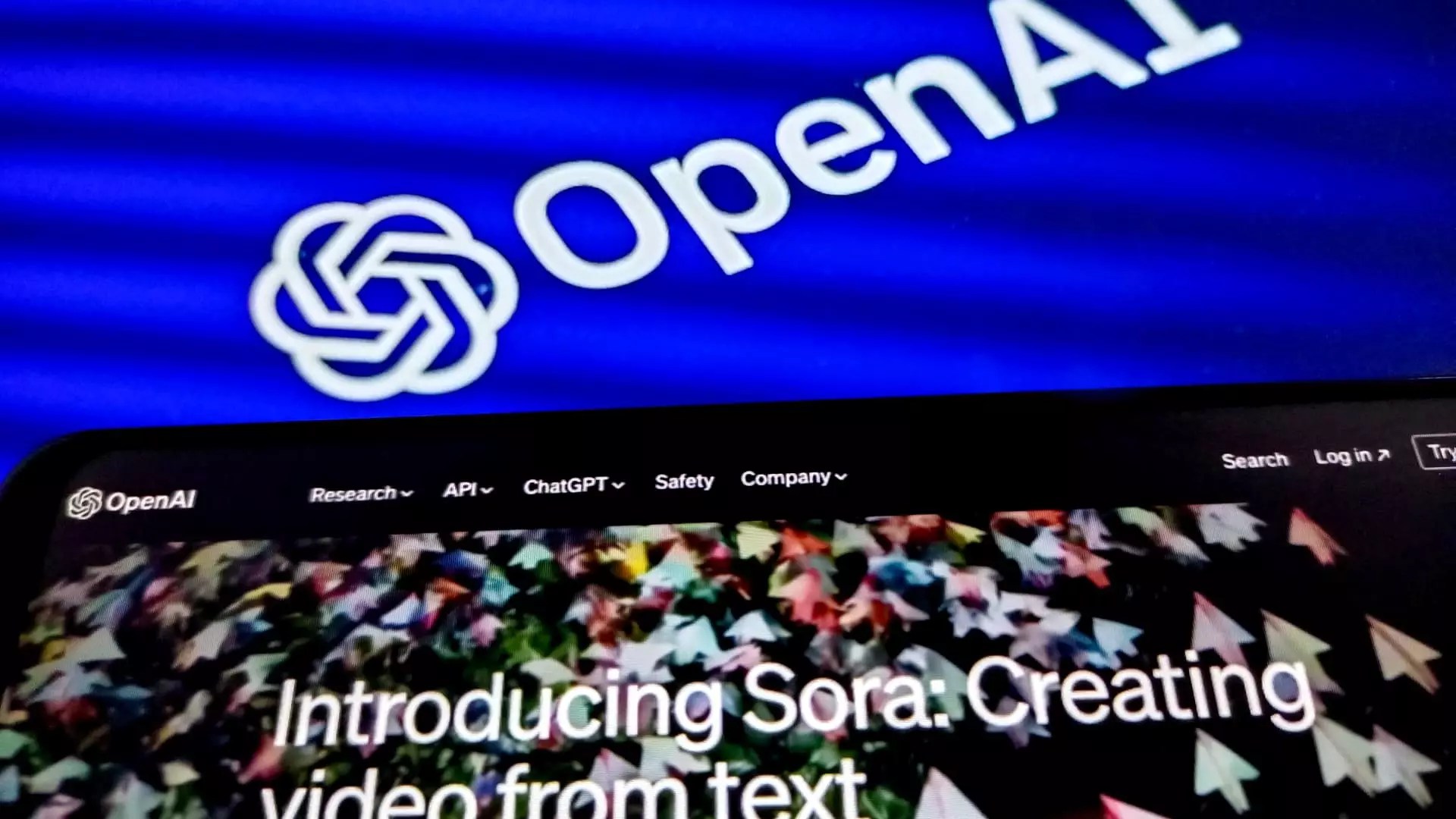In the fast-paced world of artificial intelligence, change is an inevitable facet of business that can either fortify or destabilize a company’s standing. Recently, OpenAI has faced a significant shake-up with the departure of key executives, including Chief Technology Officer Mira Murati. These developments prompted Sarah Friar, the CFO of OpenAI, to extend reassurance to investors about the company’s resilience and prospects for growth. Her communication to the stakeholders provides insights into OpenAI’s strategic positioning amid these transitions.
The recent exit of prominent figures at OpenAI has raised eyebrows among investors and industry professionals alike. Murati’s departure follows a slew of exits from the executive team, including senior research directors Bob McGrew and Barret Zoph. Such transitions can often be alarming, leading to fears about stability and continuity within the organization. Investors typically seek assurance that the expertise and vision required to drive a company forward are intact. In her email, Friar acknowledged these leadership changes while emphasizing that they should not overshadow the remarkable achievements that these leaders contributed to OpenAI.
While leadership alterations can create ripples of uncertainty, they also present opportunities for rejuvenation and innovation. Friar’s assertive positioning of the remaining leadership team, including promising figures like Mark Chen and Kevin Weil, subtly indicates that OpenAI is ready to harness fresh perspectives and ideas to maintain its competitive edge in the AI landscape. The transition also highlights the cyclical nature of the tech industry, where the exit of certain executives allows for new talent to emerge and drive the company’s vision in a fresh direction.
Amidst leadership uncertainties, OpenAI is set to secure its future through a new funding round projected to reach $6.5 billion. With a valuation expected to soar to around $150 billion, this influx of capital not only underscores investor confidence but also enhances the company’s potential to undertake ambitious projects in AI. Thrive Capital’s significant investment is indicative of a broader belief in OpenAI’s vision, particularly with backing from formidable partners such as Microsoft and Apple.
Friar’s communication emphasized that the funding round was oversubscribed, a notion that suggests strong interest and belief in OpenAI’s trajectory among investors. By hosting calls with investors to introduce key leaders from its teams, OpenAI demonstrates transparency and commitment to fostering strong relationships, which are essential for long-term success.
In her message, Friar reaffirmed OpenAI’s commitment to “bringing AI to everyone” while focusing on sustainable revenue streams that would generate value not just for investors, but also for employees and the broader community. This focus aligns with the growing emphasis within the tech industry on corporate responsibility and ethical considerations as companies expand their influence through innovative technologies.
The proactive approach of engaging with investors as OpenAI embraces its next chapter reflects an understanding of the shifting dynamics within the AI sector. By emphasizing their initiatives in developing responsible AI applications, OpenAI positions itself as a leader that prioritizes thoughtful growth as opposed to reckless advancement often associated with the tech industry.
OpenAI stands at a pivotal moment, navigating the complexities brought forth by changes in leadership while preparing for significant funding that could propel the company into its next phase of growth. Sarah Friar’s communication underscores the resilience and determination within the organization to adapt and innovate, signaling a strong belief that by harnessing new talent and securing ample resources, OpenAI can continue to shape the future of artificial intelligence.
Investors and observers will undoubtedly keep a close watch on OpenAI’s developments in the coming weeks. The company’s ability to manage transitions effectively, coupled with its commitment to innovation and responsible technology deployment, will be critical in determining its long-term success in the evolving landscape of artificial intelligence.


Leave a Reply